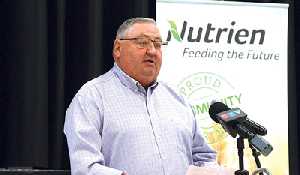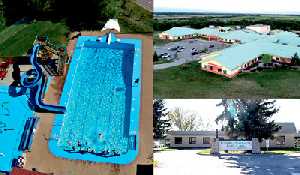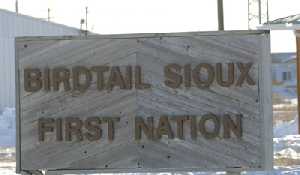Hometown, Borderland Co-ops complete merger
$110 million in annual sales, 15,000 members, 320 employees
October 18, 2021, 7:24 am
Kevin Weedmark
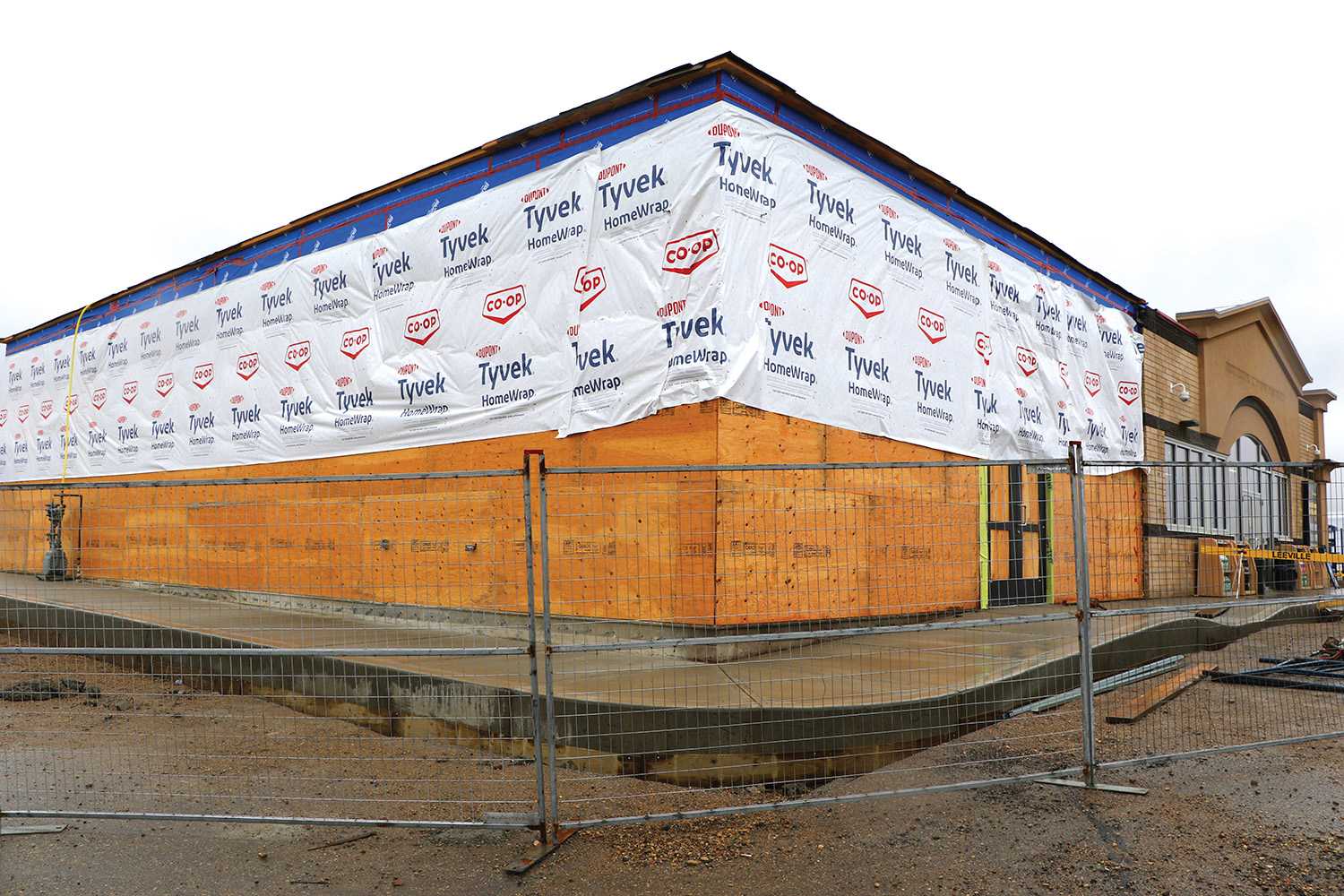

Borderland Co-op and Hometown Co-op officially became one organization on October 10. The combined Co-op retained the Borderland name and now has locations from Moosomin and Rocanville to Kipling and Grenfell.
The new combined Co-op will have $110 million in annual sales, 15,000 members, and 320 employees.
“The main thing that most people should notice is that they can use their Co-op number at more locations in more communities,” said Borderland Co-op CEO Jason Schenn.
“A lot of the things that we’re going to be working on are benefits of the merger that are going to come into play in the future. They are going to be improvements that don’t happen overnight. Once you get down from two sets of books to one set of books, and then start harnessing the assets that are available in both retails to work complementary to each other, to move product around between locations—those are the things we need to do to really gain the benefits of the merger.”
Schenn said the merger was a slow process.
“Originally we were brought in to be involved in a management agreement with Hometown following their interim managers trying to get their ship in order after a rough financial time.
“During that time my team was involved with working with them, and things rebounded quite well for them and it led to the conversation between the two boards to talk about a shared future, and over time that evolved into a proposal to take to the membership, which was approved, and a bunch of months later trying to put all the pieces of how it’s going to happen together led to today.
“For total membership, we’re in the neighborhood of 15,000. From a sales volume perspective combined there is in the neighborhood of $110 million per year. From a staff perspective, there are about 320 staff across eight communities.
“It’s quite different than when I first got here 14 years ago. Borderland’s sales were $17 million with about 85 staff in four locations. It’s a very large change compared to where we started this journey.”
Schenn said there should be a lot of benefits to the larger organization.
“We will have greater economies of scale. We’ve got a lot of facilities in a lot of different places, and one of the efforts in here is going to be the inventory management pieces so we can have more of the right product in the right places at the right time,” he says. “We’re fighting a constant battle during Covid with the imports and just accessing materials and product in any given commodity.”
“One of the things we see is we have some ability to be a little more efficient in how we buy product and bring it in, rather than duplicating efforts in certain places. We can take advantage of a lot of our warehouse space to give us a wider breadth of things on hand and not be overstocked in any one particular thing.
“There’s that hub and spoke kind of idea where branch locations would pull out of Moosomin, but we want to turn that on its head a little bit. In any one location we might not have everything that everyone’s looking for, it’s more likely in the large centres, but within our own network of stores we have we’re going to have a higher likelihood of having whatever the customer needs and then having it on the road quick enough. We should be able to get it where it needs to go inside of 24 hours is the hope.”
A couple of development projects Borderland has under way currently are new warehouse space and a new liquor store in Moosomin.
“One of the first tasks of the new board when they come together is to look at our combined queue of all the projects that Hometown had identified and Borderland had identified,” says Schenn. “Since I’ve been working with Hometown as well for the last 18 months, I’ve kind of got an idea where they need to be, but of course that’s up to the board to decide what projects proceed at what time.
“They’re going to be taking a look at that queue of projects and I think there’s about 14 projects probably worth around $30 million that are able to be executed across all the locations or communities we serve. Prioritizing and getting the right projects on the ground in the right places is going to be the first focus.”
Schenn says the new liquor store in Moosomin should be in operation within a month.
“Our target is to be in operation by mid-November so that we can be in for the Christmas season,” he said. “And the warehouse hopefully within the next month we will have it under wraps, and then we’ll be filling it this winter. We will have projects every year going forward. There will be some level of project every year, whether a renovation or a new build.
“We’re looking at a fertilizer plant for Broadview as one of the priorities because they’re a little under powered in terms of storage. The opportunity to be more competitive in the market definitely comes if you can store more product in the off-season. That’s one of the most important opportunities right now, and of course, we’re looking at the Moosomin marketplace expansion, which is another high priority for us.”
Borderland’s IT department is currently making use of the Co-op’s former head office on Windover Avenue. “For now it’s our workshop for our IT department,” says Schenn. “We’re actually taking on an agreement with Valleyview Co-op to take on their IT services. That’s one of those partnerships we’re taking on to try to share services between retail Co-ops.”
Where does Schenn see Borderland Co-op five to ten years down the road?
“When we talk about the vision of where we want to be, we talk about wanting to be a strong and stable rural co-operative,” he says. “The big thing is, we want to be a voice in the communities we serve and within the co-operative retailing system to advocate for small towns and the challenges that we face that aren’t necessarily seen in an urban setting.
“How that all comes together into what does Borderland look like five years, 10 years from now? Of course we would like to continue to grow, continue to support other communities, other Co-ops. If there are opportunities for other agreements where we can work together and maybe find a shared future with other Co-ops, that’s a great opportunity as well, as is just looking at how we can build within our own communities as well to keep enhancing services where we have facilities today.”
How much work went into the merger with Hometown Co-op?
“There was a lot of work,” says Schenn. “A big thing is just building a good relationship with people. It took time to build that trust, and the opportunity to work together under a management agreement really helped in that regard. It’s a lot of work because it’s about building trust, it’s about making sure everybody knows we’re all in this for the same reason. We all want to provide services for our communities, we want to make sure we have employment in our communities, we want to drive things forward in a positive way. Once we were able to build that level of trust, a lot of the other things became a lot easier. If you can unify the group and have everyone going in the same direction, you can achieve a lot of wonderful things.”
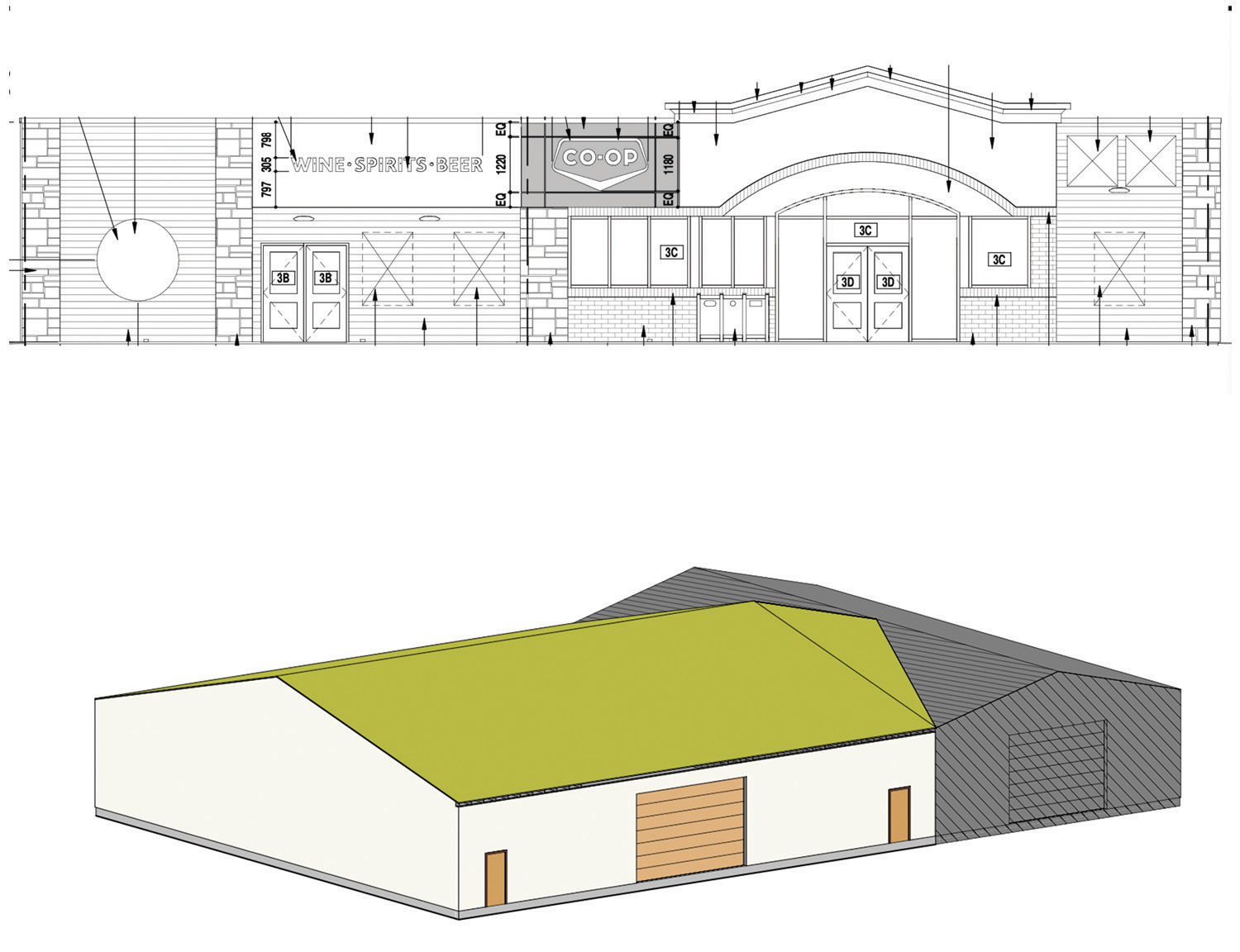

Tweet

